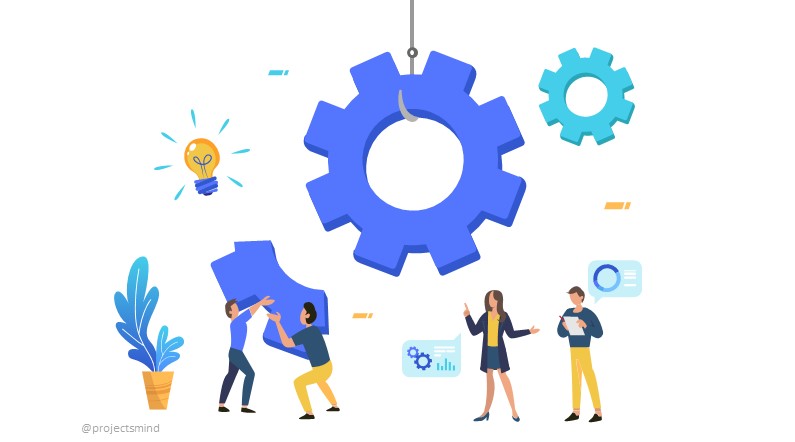Project management is a vital part of many organizations. It requires a strong understanding of the different phases of a project, the ability to communicate with different stakeholders effectively, and the skills to bring projects to completion on time and on budget. As such, project management interviews are essential for finding the right person for the job.
The following guide to project management interview questions will help you prepare for a successful interview and make sure you hire the right candidate.
1. What experience do you have in project management?
This is an important question for any project manager to answer. Interviewees should be able to describe the various projects they have managed, the challenges they faced, and the successes they achieved. They should also be able to provide examples of how they have implemented the principles of project management in their work.
2. What tools and techniques do you use to manage projects?
Project management success depends on the tools and techniques used. Good project managers are familiar with the latest tools and techniques, such as Gantt Charts, Agile and Scrum, and Microsoft Project, and can discuss how they have used them to successfully manage projects in the past.
3. How do you prioritize tasks and manage deadlines?
This is a critical question for any project manager. Interviewees should be able to discuss how they use their project management skills to prioritize tasks, assign resources, and manage deadlines. They should also be able to provide examples of how they have used these skills in the past.
4. How do you handle risks and problems that arise during a project?
Projects can often encounter risks and unexpected problems, and it is important to hire a project manager that can identify and manage these risks and problems effectively. The interviewee should be able to discuss how they analyze potential risks and problems, develop strategies to address them, and communicate with stakeholders to ensure the project remains on track.
5. How do you communicate with stakeholders?
The project manager must be a strong communicator to ensure the project’s success. Interviewees should be able to discuss how they keep stakeholders informed of the project’s progress, address any concerns they may have, and ensure that everyone is working towards the same goal.
6. How do you measure the success of a project?
Projects should be measured and evaluated to determine their success. Interviewees should be able to discuss how they measure the success of projects and use the results to improve future projects.
7. What challenges have you faced as a project manager?
Project management can be a challenging job and requires strong problem-solving skills. Interviewees should be able to describe the challenges they have faced in the past and how they were able to overcome them.
8. How do you motivate your team?
Project success depends on the team’s motivation and commitment. Interviewees should be able to discuss how they motivate their team, provide support, and encourage collaboration.
9. What do you think makes a successful project manager?
Project managers should be able to discuss the essential skills and qualities that make a successful project manager, such as strong communication skills, problem-solving skills, and the ability to motivate and lead a team.
10. Do you have any questions for us?
This question allows the interviewee to show their interest in the position and demonstrate their knowledge of the organization. Good questions could include asking about the team dynamics, the scope of the project, and the organization’s approach to project management.
By preparing for the above questions, you will be well-equipped to assess the skills and experience of potential project managers. A successful project manager will be able to discuss their experience, the tools they use, their ability to manage risks and problems, and their knowledge of project management principles.
Good project managers are essential for successful projects, so make sure you hire the right person for the job.




